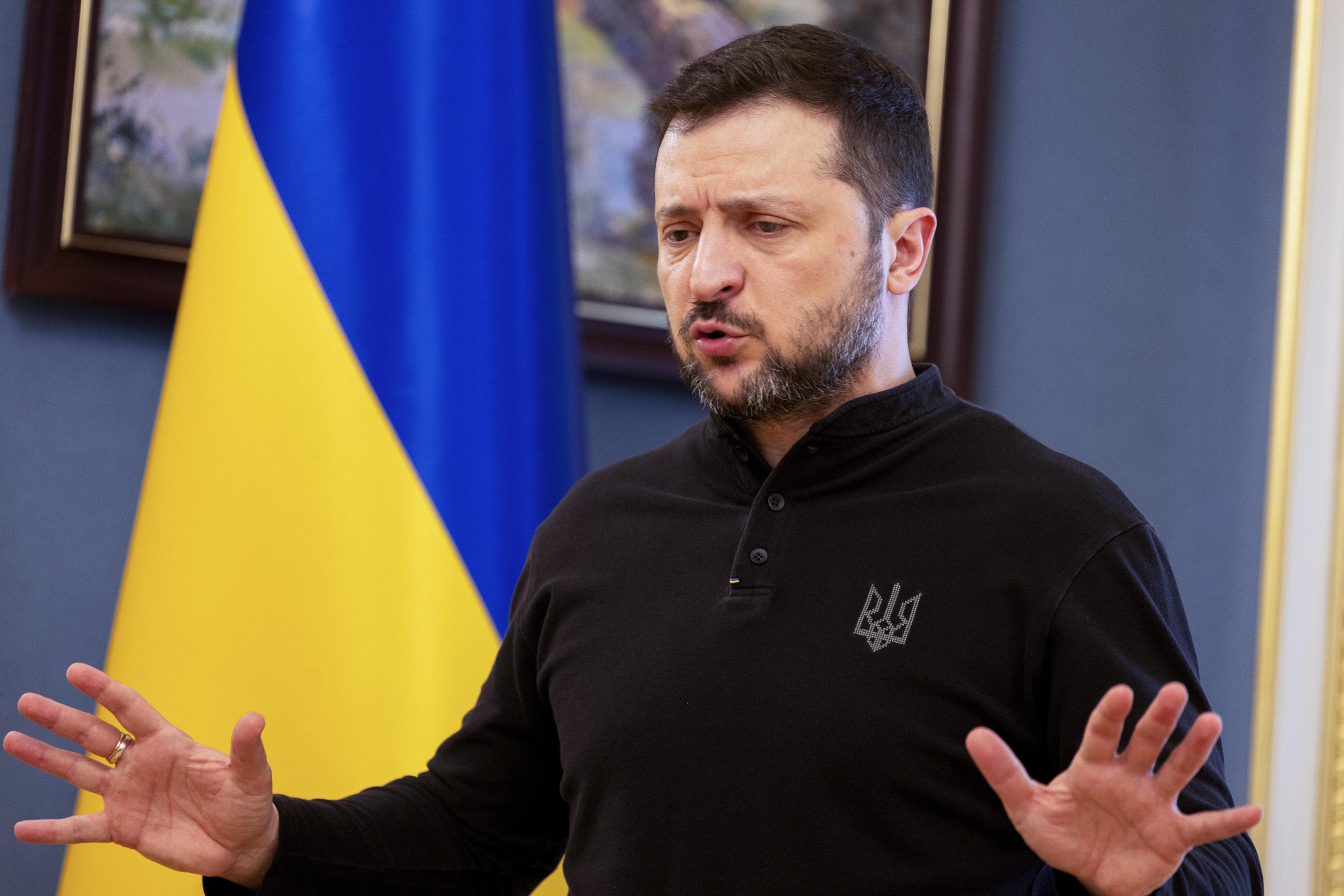US plan to end the war in Ukraine creates a divide between the two countries, previously allies in a conflict that is approaching its third anniversary. Trump's circle pressures the Ukrainian president after his resistance to signing both a peace agreement not being negotiated and a security agreement that would grant Washington a significant share of its natural resources.
With or without Zelensky's agreement, Trump's plan continues to involve strengthening relations with Russia, which could even lead to a face-to-face meeting between the US president and Vladimir Putin. In this context, the United States does not want Russia to be labeled as an "aggressor" in the G7 statement being prepared for the imminent third anniversary of the invasion and the war in Ukraine.
Harsh Sentences in Russia for Eight Accused of "Terrorism"
Russian justice sentenced eight individuals to between 16 and 22 years in prison for planning attacks in favor of Kiev, announced the security services (FSB) on Friday, amid Moscow's offensive against Ukraine.
In a statement, the FSB specified that the convicted individuals, Russian citizens born between 1994 and 2005, set fire to places related to "transport infrastructure" and "volunteer organizations," and planned "terrorist acts" against military units "in exchange for minimal compensation." Unusually, the FSB lists their names as Dmitri Demidchik, Alexei Grigoriev, Maxim Moskalev, Egor Ermakov, Viktoria Golushko, Ilia Fomitchev, Eduard Gladkikh, and Sergei Chernooki. According to the FSB, they operated in the Russian regions of Kursk and Belgorod, bordering Ukraine, as well as in Chelyabinsk and Orenburg (Urals), Kemerovo (Siberia), and Krasnodar (southwest).
According to the FSB, Ukrainian special services used WhatsApp and Telegram to communicate with the convicts, as well as websites where they posted ads promising "quick-paying jobs."
Sweden Investigates New Undersea Cable Break in the Baltic Sea
Swedish authorities have opened a preliminary investigation into the breakage of a new undersea cable near the island of Gotland, in the Swedish economic zone in the Baltic Sea. It is a cable connecting Finland and Germany, reports the Coast Guard, which has sent a ship to the area to support the investigation.
"I have been aware for some time of the information in the media about a possible new cable break in the Baltic Sea. The government is continuously informed by the relevant authorities investigating the incident," wrote Swedish Prime Minister Ulf Kristersson on his social media account.
Kristersson emphasized that all information about these events is taken "very seriously" and referred to the "serious security situation" in which Sweden finds itself. Several communication cables have been damaged in recent months in the Baltic Sea, prompting investigations in Sweden, Finland, Lithuania, and Latvia.
